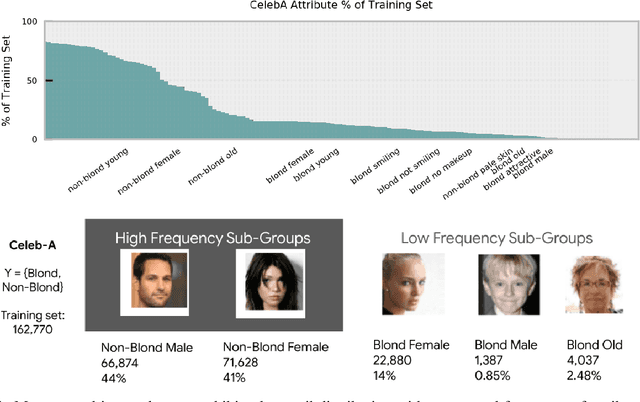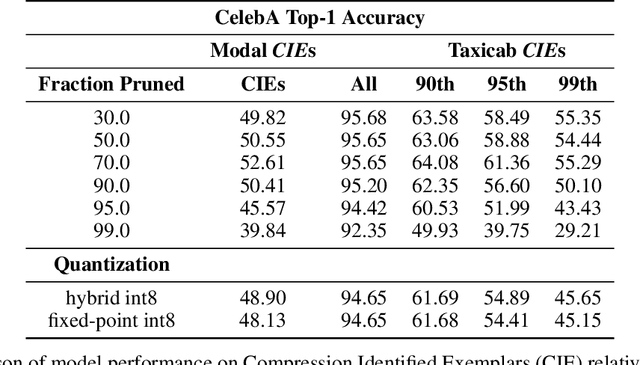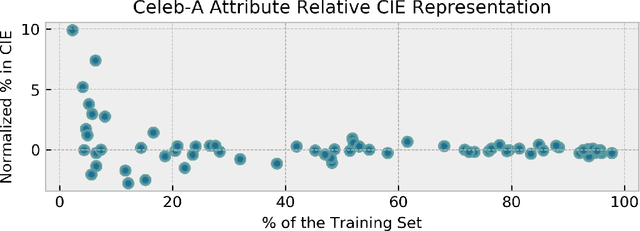Gregory Clark
Deep Synoptic Monte Carlo Planning in Reconnaissance Blind Chess
Oct 05, 2021



Abstract:This paper introduces deep synoptic Monte Carlo planning (DSMCP) for large imperfect information games. The algorithm constructs a belief state with an unweighted particle filter and plans via playouts that start at samples drawn from the belief state. The algorithm accounts for uncertainty by performing inference on "synopses," a novel stochastic abstraction of information states. DSMCP is the basis of the program Penumbra, which won the official 2020 reconnaissance blind chess competition versus 33 other programs. This paper also evaluates algorithm variants that incorporate caution, paranoia, and a novel bandit algorithm. Furthermore, it audits the synopsis features used in Penumbra with per-bit saliency statistics.
Characterising Bias in Compressed Models
Oct 06, 2020



Abstract:The popularity and widespread use of pruning and quantization is driven by the severe resource constraints of deploying deep neural networks to environments with strict latency, memory and energy requirements. These techniques achieve high levels of compression with negligible impact on top-line metrics (top-1 and top-5 accuracy). However, overall accuracy hides disproportionately high errors on a small subset of examples; we call this subset Compression Identified Exemplars (CIE). We further establish that for CIE examples, compression amplifies existing algorithmic bias. Pruning disproportionately impacts performance on underrepresented features, which often coincides with considerations of fairness. Given that CIE is a relatively small subset but a great contributor of error in the model, we propose its use as a human-in-the-loop auditing tool to surface a tractable subset of the dataset for further inspection or annotation by a domain expert. We provide qualitative and quantitative support that CIE surfaces the most challenging examples in the data distribution for human-in-the-loop auditing.
 Add to Chrome
Add to Chrome Add to Firefox
Add to Firefox Add to Edge
Add to Edge